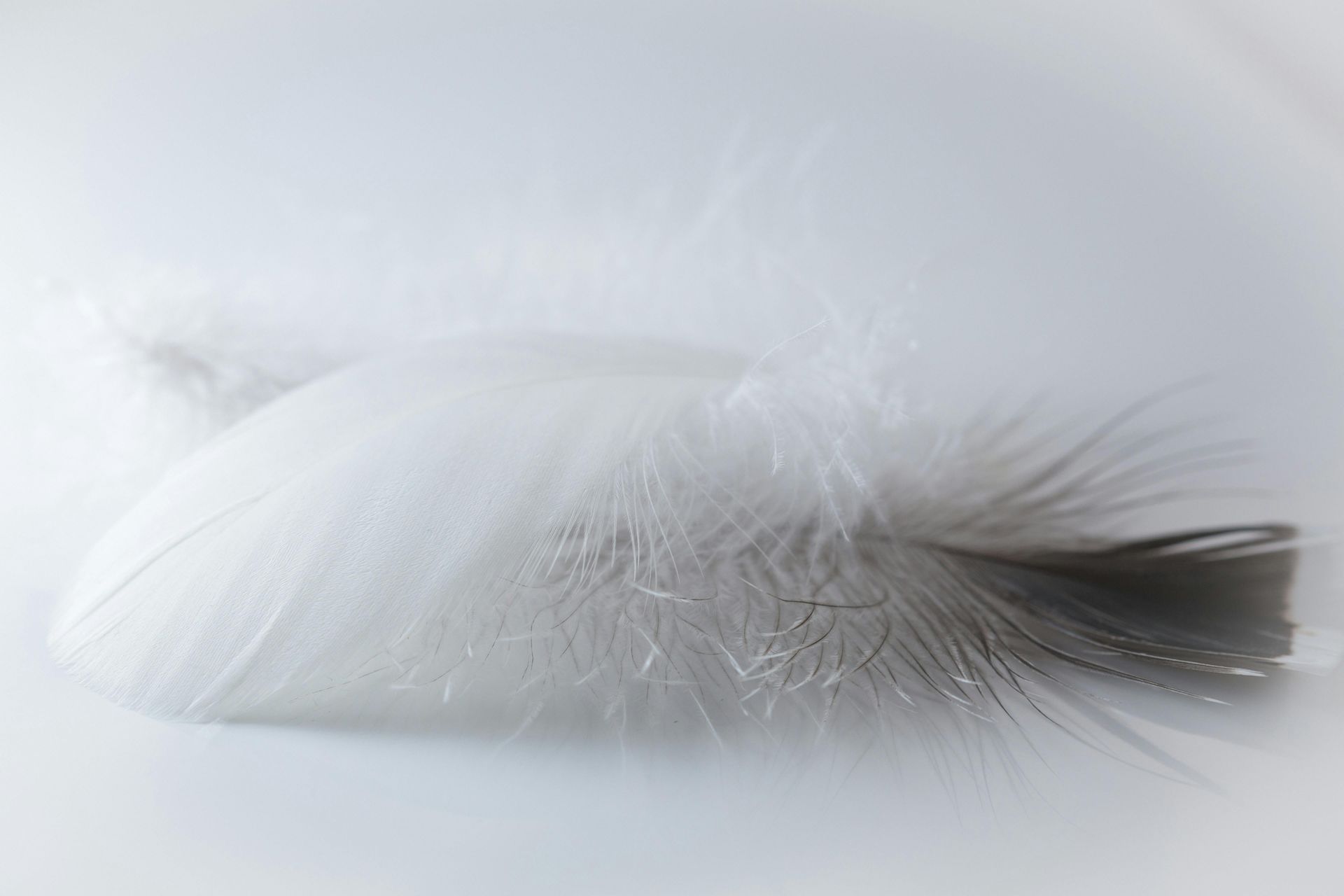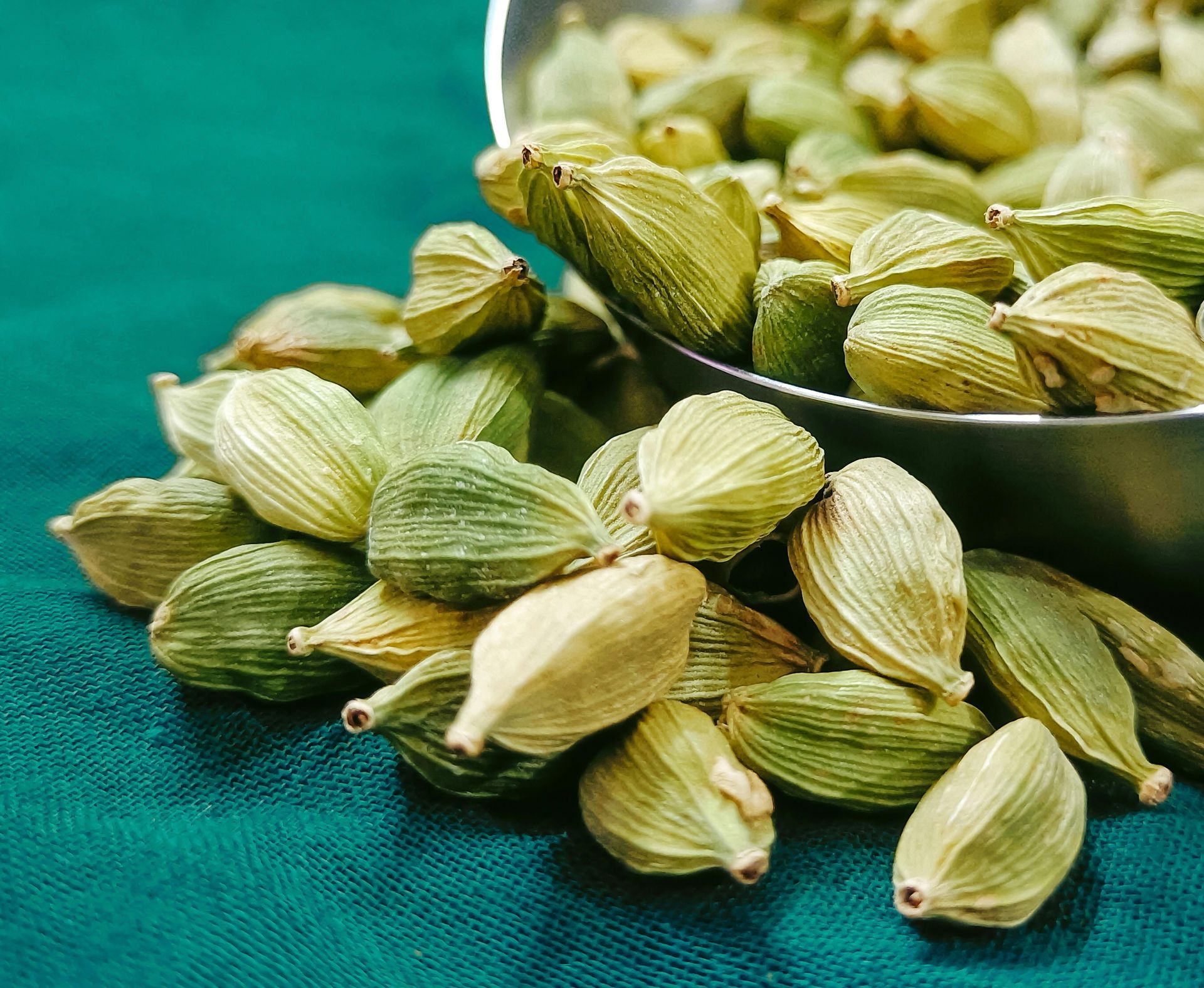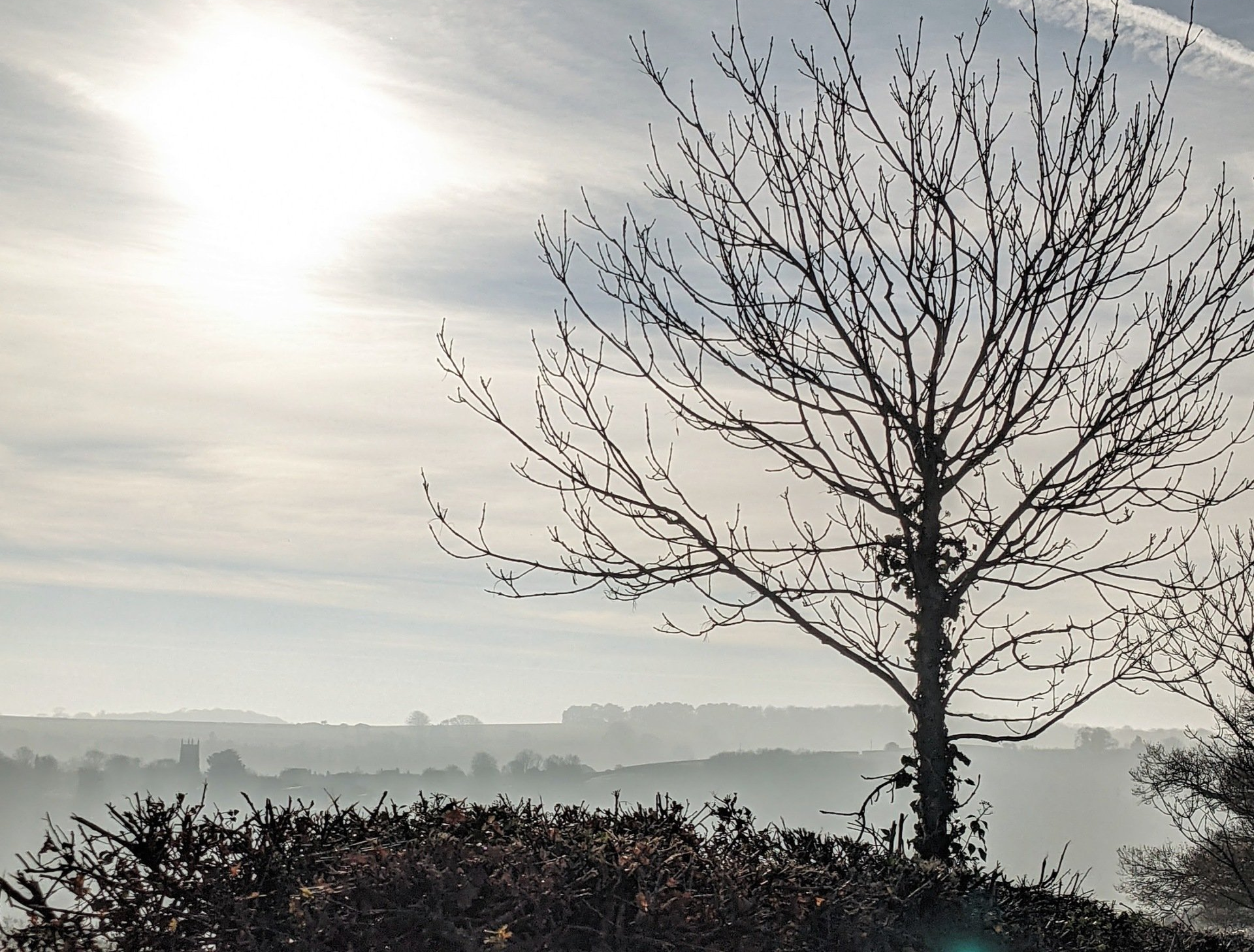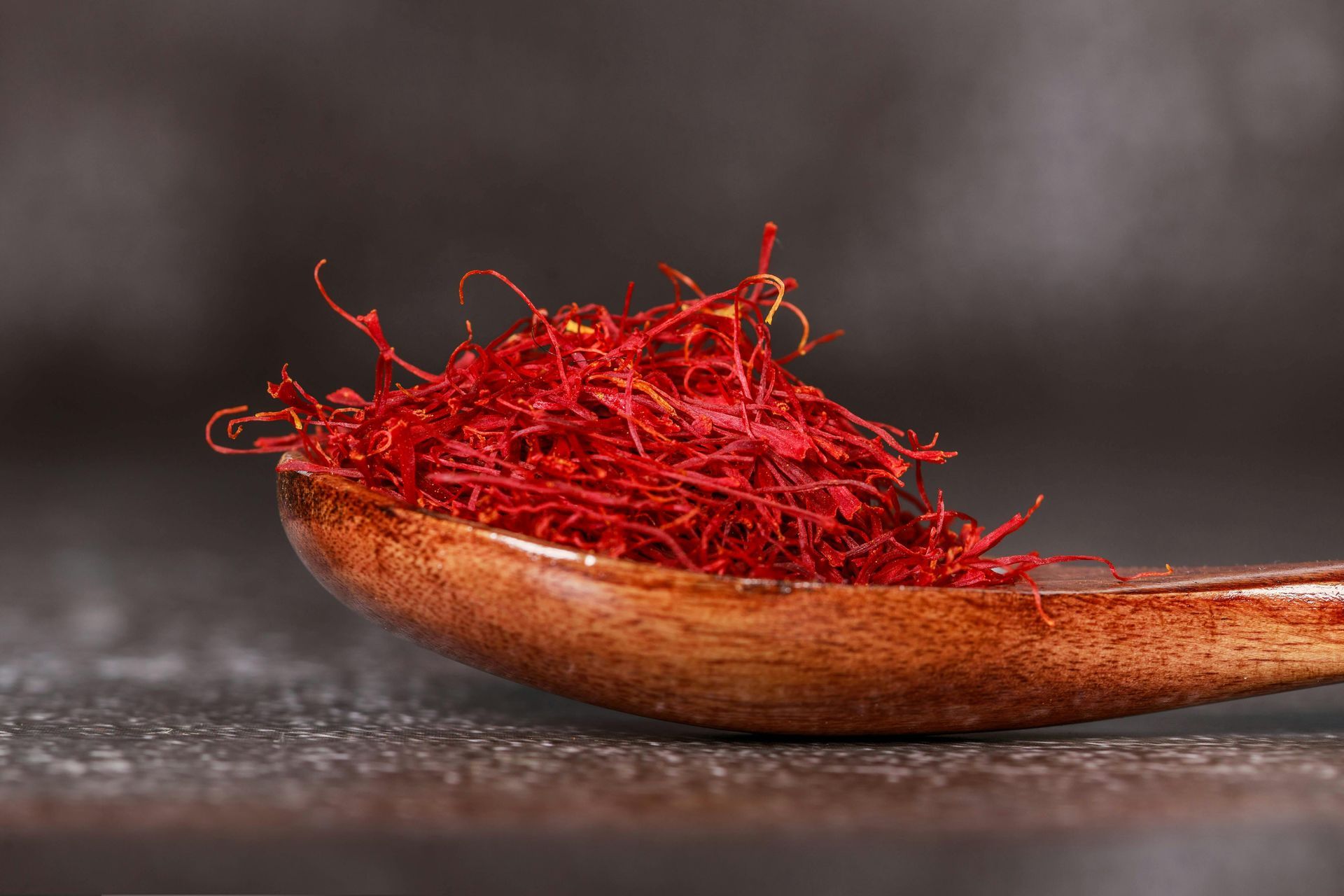A Healing Herb (Chives)
Chives are full of nutrients and are easy grow for their mild onion flavour
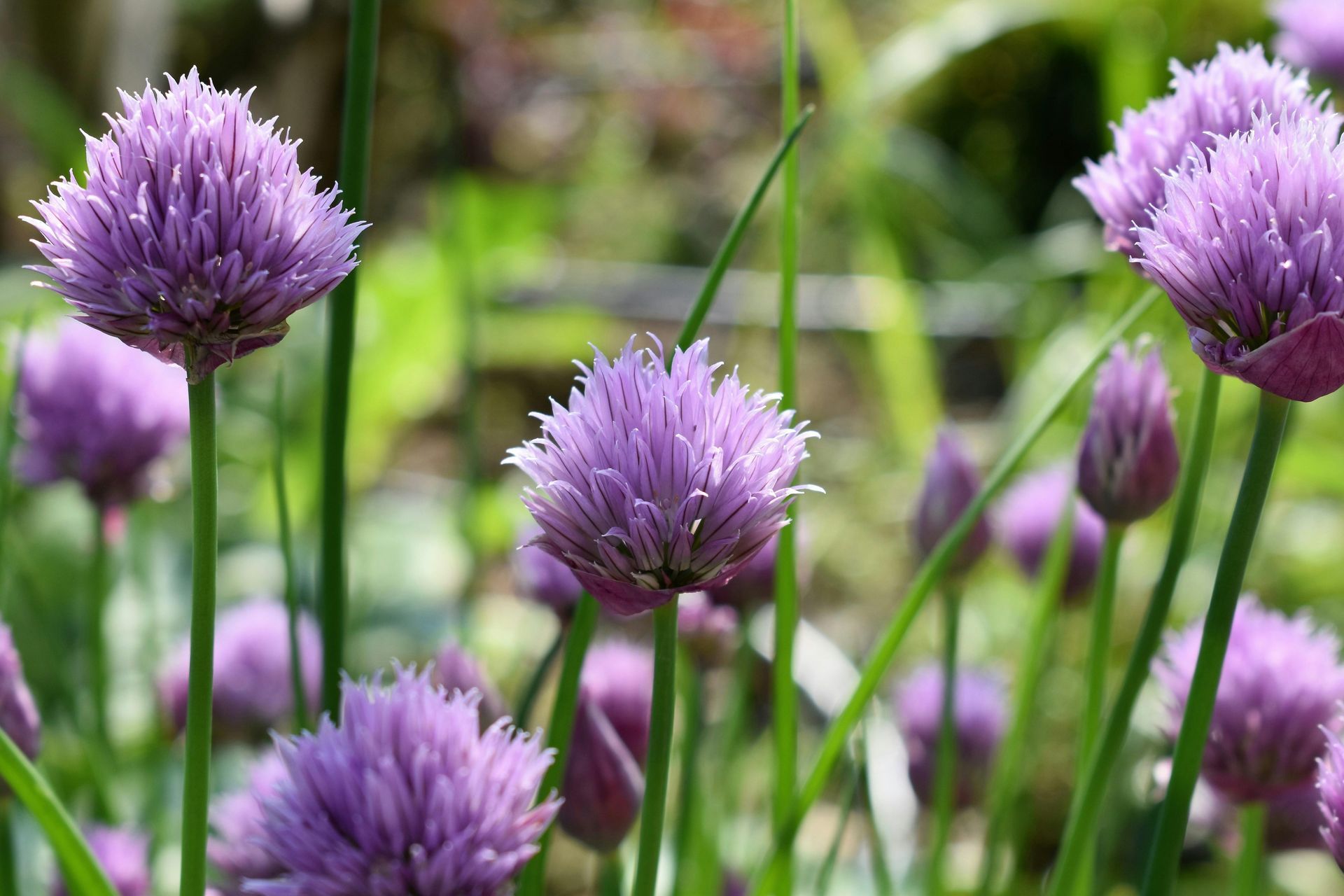
A Healing Herb Guide
Chives are the eleventh herb to feature in my Healing Herb Guide.
Chives are one of the most abundant and generous herbal plants to grace our woodlands and fields in early Spring and can act as a natural insect repellent, particularly for aphids and other pests like snails, slugs and Japanese beetles. Chives also attract beneficial insects such as Bees, Butterflies and Ladybirds who help control aphid populations and support garden productivity.
It is important to note that Chives are toxic to cats and dogs in high doses so keep an eye out for any nibbled leaves and caution them off or move them to a safer place if necessary.
Chives are a hardy and versatile herb offering a host of culinary and medicinal benefits. Perennial by nature, they bounce back each Spring and flourish in sun-kissed spots with well-drained soil. Chives are a valuable addition to both kitchen and garden with their mild onion-like flavour that enhances countless dishes while providing substantial nutritional value.
I hope you enjoy discovering the life-giving and healing benefits of Chives - a wonderful addition to any diet with many different uses for your general good health, nourishment and wellbeing.
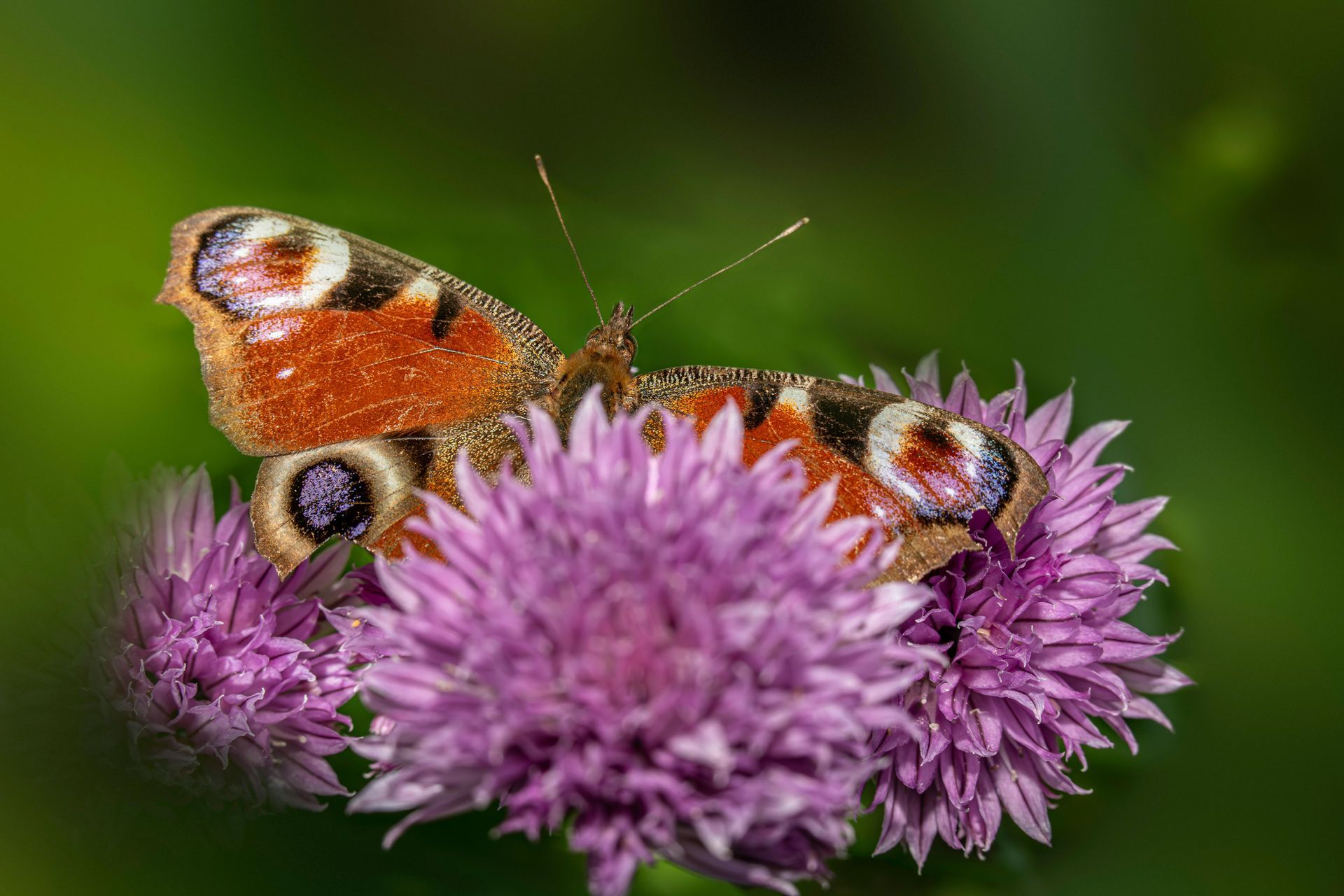
Folklore
Chives have been a favourite herb to grow in all manner of kitchen gardens for over 5,000 years. They have played a part in the diet of many ancient civilisations with both practical and mystical significance. Native to both Asia and Europe, these hardy and nutritious herbs with beautiful edible flowers were among the first plants cultivated by early societies.
In the 13th century, Marco Polo documented finding Chives during his Asian travels, noting their widespread use across China. The Romans introduced chives throughout their empire believing them to have mystical powers. They were hung in dried bundles to ward off evil spirits.
While Chinese gardeners planted Chives along pathways for protection, medieval Europeans positioned them along garden borders to repel unwanted insects, aphids and other garden invaders.
The hardy nature of Chives made them an essential food source during long and cold winters, leading to them being cultivated in monastery gardens. Many believed their purple blossoms brought good fortune, while traditional healers used them for their perceived ability to boost vitality and ward off illness.
In Dutch folklore, Chives were planted along footpaths to welcome prosperity – a practice that continued well into the 19th century.
SOURCE: Wildcraftier - Chives
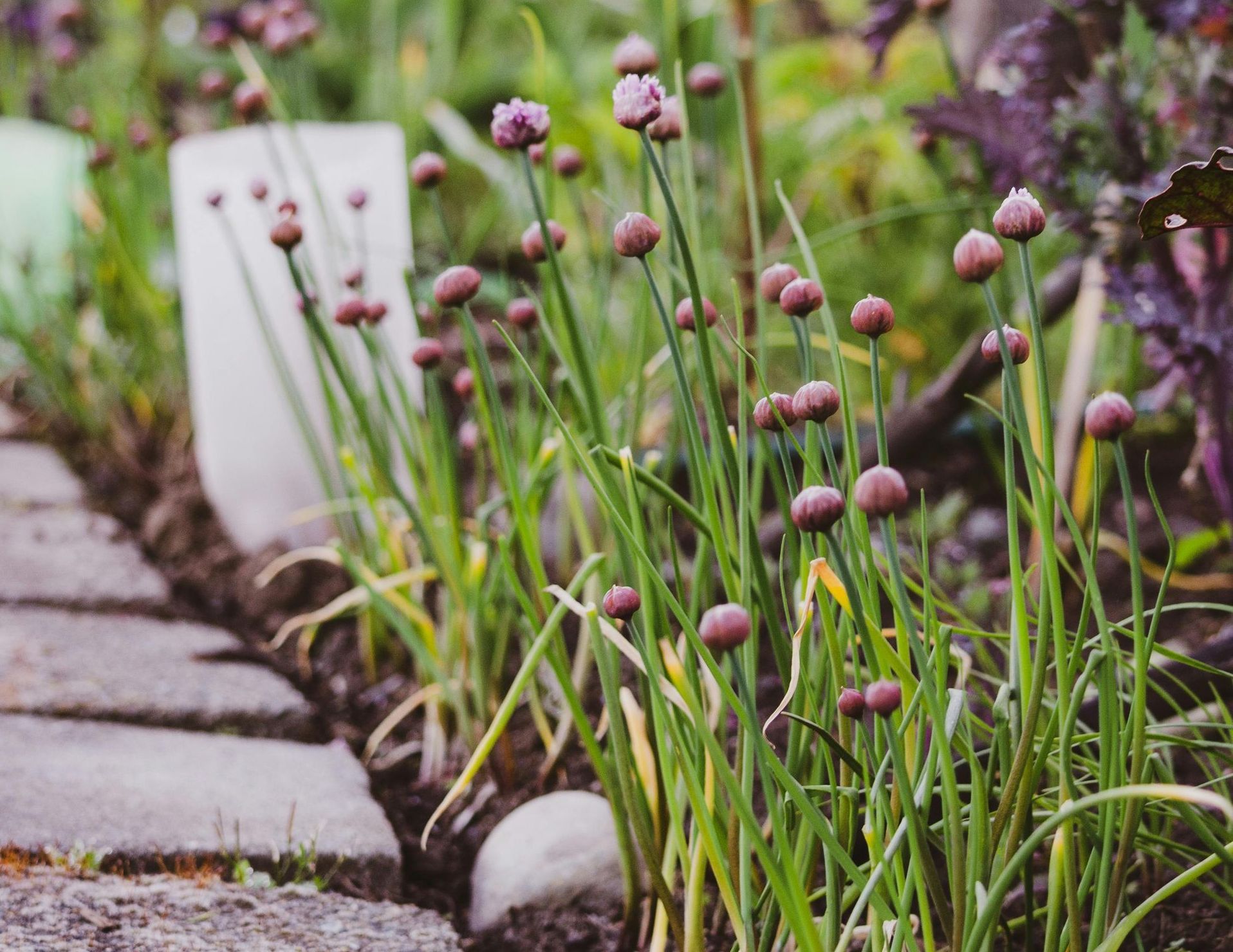
Nutrition
Chives contain nutritional compounds that are vital for bone and neurological health and have been known to help in the prevention of osteoporosis and Alzheimer’s disease.
Chives contain an exceptional amount of vitamin A and other antioxidants such as carotenes and lutein which help to protect the body from a variety of cancers. Chives contain a healing compound called allicin - the same found in Wild Garlic - which has anti-bacterial, anti-viral and anti-fungal properties.
Allicin also helps to lower blood pressure and decrease the risk of coronary artery disease, peripheral vascular disease and stroke.
The sulfur-containing oil in Chives provides powerful antiseptic abilities without any of the digestion-disturbing tendencies that the rest of the Onion family can create. Chives are also known to help build the repair system, fight intestinal fermentation and stimulate both stomach and liver function.
Chives are also an excellent source of folate which is essential for woman before and during pregnancy.
SOURCE: Medical Medium - Chives
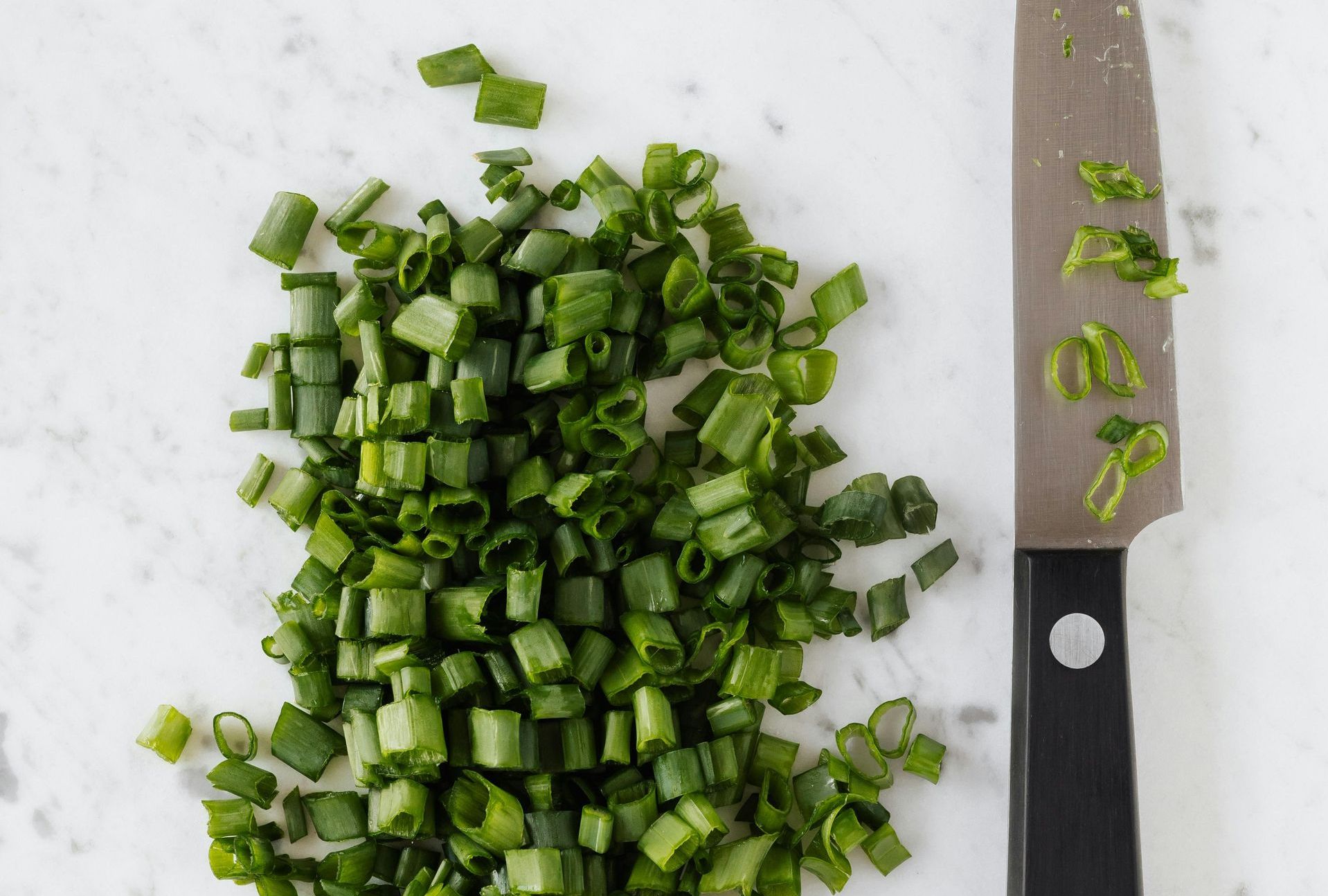
Remedies
The wonderful health benefits of Chives are best realised through eating the leaves and flowers fresh in a myriad of different ways. Here are a couple of ideas for preserving Chives in vinegar and oil that enhance the mild onion flavour.
Chive Flower Oil
- Add freshley chopped Chives and Chive Flowers to a clean jar.
- Pour over the oil, preferrably high quality organic cold-pressed virgin Olive Oil.
- Cap and allow to infuse in a cool dark cabinet for a few weeks.
- Use as required to make delicious salad dressings and to use for cooking savoury dishes.
Chive Flowers in Vinegar
The goodness of Chive flowers can be preserved in vinegar.
- Place the blossoms into a clean a jar, cover with White Wine or Champagne VInegar.
- Pour vinegar into the jar until the flowers are covered or fill the jar.
- Shake gently and again every few days during the steeping period.
- After several weeks stored in a cool dark cabinet, strain out the flowers and keep the vinegar for cooking or making sauces and dressings.
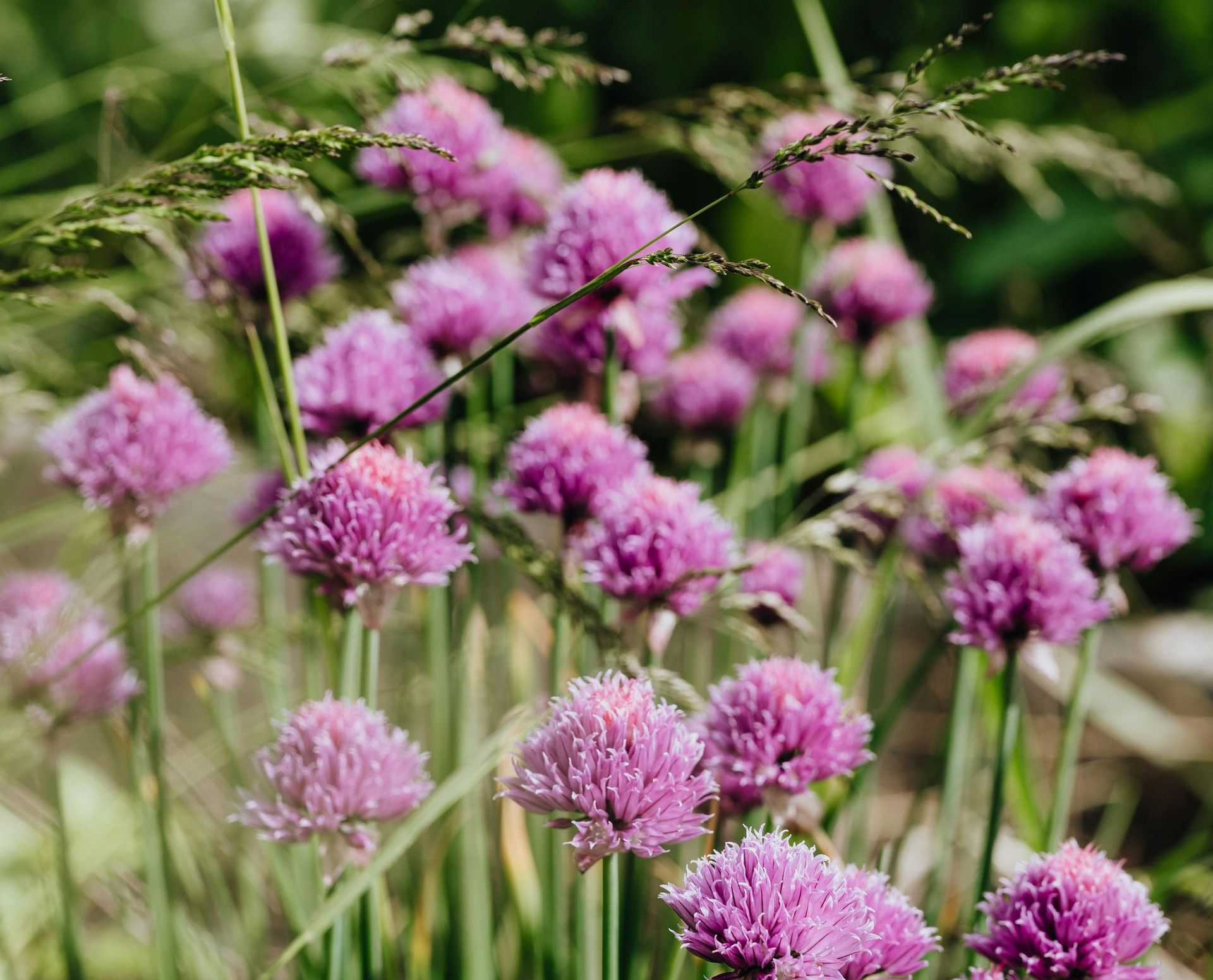
Recipes
Here are some creative and tasty ways to use fresh Chive leaves and flowers:
Eggs
Add freshly chopped Chives to cheese omelets, scrambled eggs, quiches and other egg dishes or sprinkle on top for a garnish.
Dips
Mix freshly chopped Chives into homemade mayonnaise, creme fresh or soft goat 'scheese. Sprinkle on raw vegetables such as celery stalks filled with cream cheese or hummus for a mouthwatering appetiser.
Soups and Salads
Sprinkle freshly chopped Chives onto soups and salads as a healthy garnish. Add slightly crushed flowers to bring out the beauty of the blossoms as well as the flavour.
Baked Potatoes
Top a baked potato with Chives, organic butter, fresh crumbled organic bacon and plain, full-fat Greek yogurt for a simple, tasty and nutritional meal.
Chive Butter
Add freshly chopped Chives to a pack of softened butter and refrigerate in small ramekin dishes. These can be used straight away or frozen to use later.
I hope you are enjoying this ongoing series of posts about the healing powers and health benefits of herbs that can be grown in any sized garden - and in pots too!
Thank you for joining me on this exciting journey of herbal delights and discovery. I hope you enjoy adding Chives to your herbal teas and recipes.
Much love
Sue Xx
Thank you for sharing!
for you, for me and for Mother Nature
Latest Posts
All Posts



